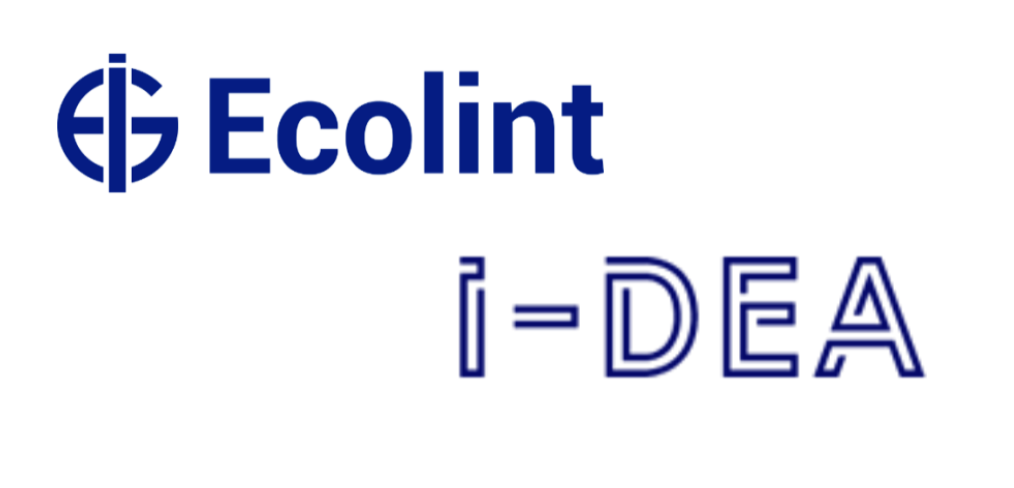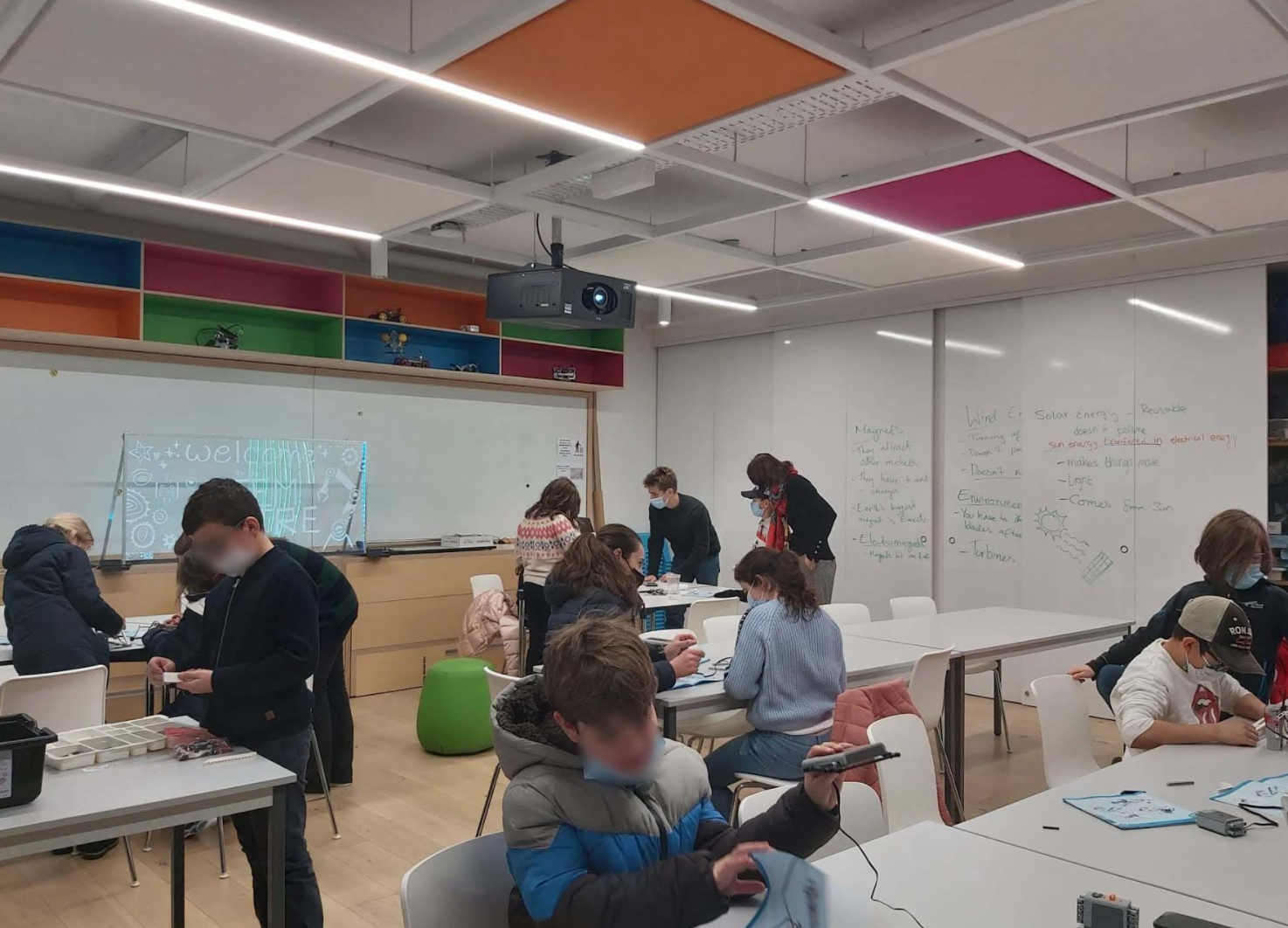By Antonios Vitalis, Year 12
On Monday we had the privilege of interacting and listening to a discussion spearheaded by Guardian Journalist Owen Jones. Not only was it a privilege to hear what this influential English journalist had to say, but it was also an opportunity for us all to be better educated on the Syrian Crisis.
Before explaining what happened when Jones discussed the Middle Eastern Crisis, I’d like to make one thing clear. This will be the only time in this article where you will see me use the following terms ISIS, IS or ISIL. I would like to encourage my fellow students to also try and avoid using the term in future, as it is the first step in fighting this organisation. That name, that has become viral since the organisation sprang to life in mid 2014, implies that this organisation is Muslim and fights for Muslim interests. This is completely absurd and it is important that we understand that this terrorist organisation is not Muslim, and doesn’t represent the Islamic world in any way or form.
We need to stop aligning this group with the religion of Islam otherwise we risk continuing to contribute to this cycle of secular hate that has lead to disillusioned muslim youth in joining despicable terrorist organisations. What should we call this organisation then? Well it’s simple. Call it what the Kurdish forces currently fighting it call it; Daesh. Daesh doesn’t imply anything to do with the religion of Islam and certainly removes that imaginary link with the organisation and the middle eastern religion.
One of the quotes that Owen Jones stated has stuck with me since his discussion. ‘We can’t just fight the symptoms, we need to fight the cause of these symptoms’. What Jones meant by that was that Western states should stop believing in the ridiculous ‘an eye for an eye’ policy that is bombing and prolonging the war in the Middle East. The Middle East issue is an issue that has been a problem since Saddam Hussein invaded Kuwait in 1990, so Jones believes that it is absolutely absurd to continue this conflict.
His proposed alternatives are simple. He claims that through diplomacy and negotiations there can be a political solution to this crisis and not a military one. He also mentions that we must avoid the secular hatred towards the muslim populations in countries around the world. Jones claims that it is this hatred that has lead to the disillusionment that has seen so many young muslim join terrorists groups.
I agree with him on a lot of these points and think it is time to prevent the progression of this cycle of violence. Jones may be picked on by right wing media and people alike for his left wing loyalty, but one things for sure: his comments aren’t out of left field.



